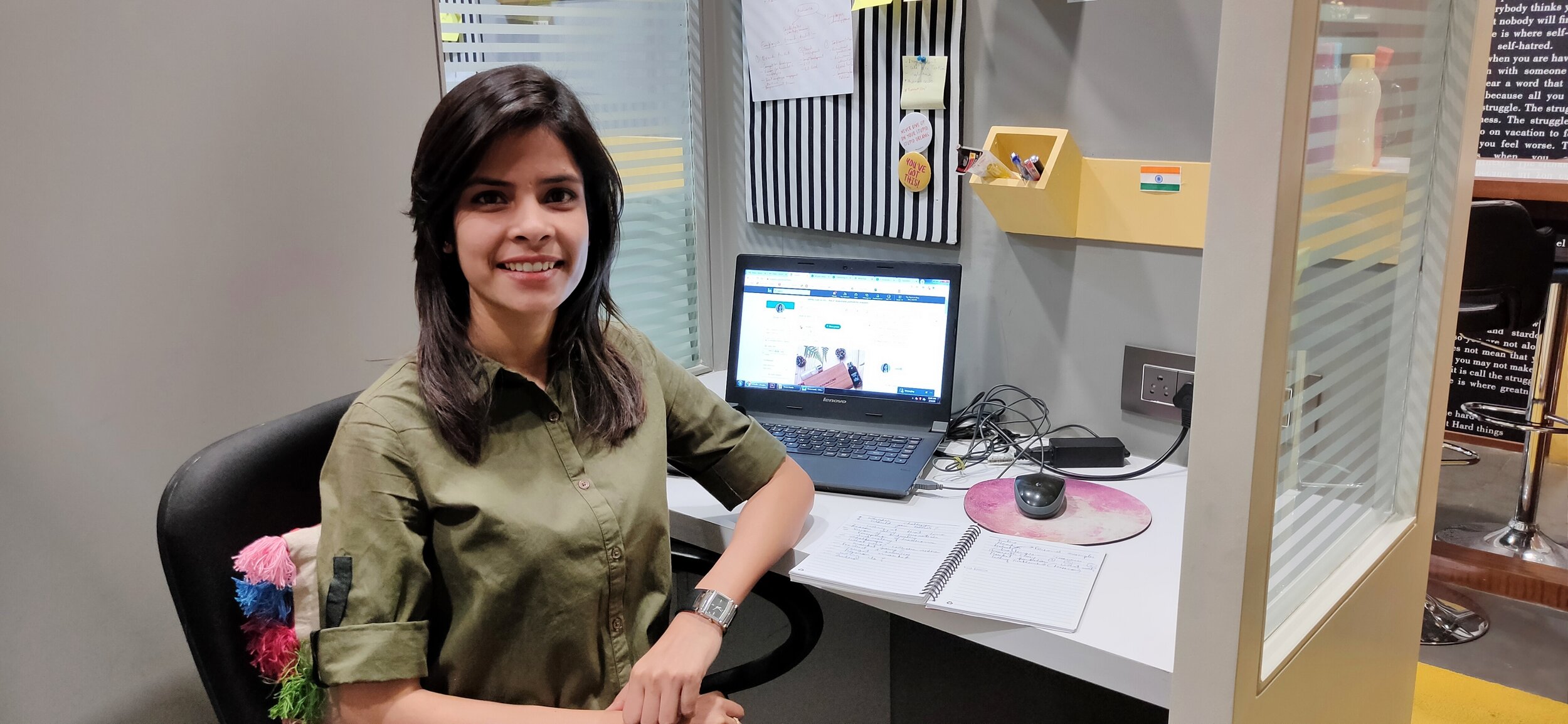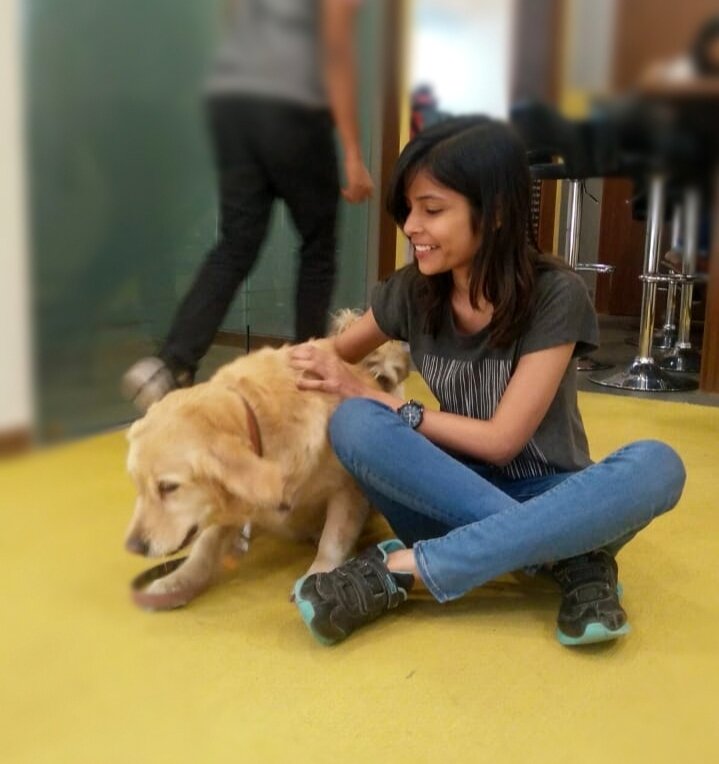Employer Branding From the Lens of a Nascent EB Consultant
Employer Branding is yet to find its place as an exclusive function in the Indian corporate market. A lot of companies struggle to buy into the need to hire someone who drives talent attraction and retention strategies. If stimulated, most of them confuse the need with core marketing and assign it as a Key Result Area (KRA) to their brand management/PR teams.
I’ve worked as a recruiter for two-and-a-half years and was fortunate to find a new role that expected me to be an employer branding consultant for early-age startups. Too excited to be entering this new and interesting world, I did have a few inhibitions because I wasn’t going to be a full-time part of the companies I was working for. It was to be remote 80% of the time.
Though I tried to gather insights from many experts in the industry, there were many facets that I learned the hard way. Here are a few of my learnings as an external employer branding consultant.
Do not rely solely on the image of a culture that the company’s human resources department shares with you
When you take up an EB project, you ought to create a research report of your own. It is often a tendency of the HR department to assume that they are doing a lot to keep their employees engaged. They tend to continue implementing internal initiatives without running the feedback loop to understand if the results are as desired.
One crucial observation I made was that the picture of a culture narrated by the HR representative differed from that of a few employees. This eventually could have affected the result of EVP endorsement campaigns run by the company.
Before giving in to believe every sugar-coated culture story narrated by an HR team, conduct a culture check survey of your own. This can be in collaboration with the entire HR department. Starting to act as a brand marketer will fail your purpose of being there.
Understand the hiring forecasT
Before you devise an EB calendar or plan your next efforts, understand the immediate talent needs of the company. Are they seeking to expand their engineering team in the next 6 months? Is it the product management folks who are your key target or the design experts? Designing a branding strategy without prior insights about the target audience is equivalent to building products without knowing who your buyers are supposed to be.
If the closer vision is to scale the engineering function, then you may want to build stories around people who are currently working in that role. This may involve featuring the work culture within the engineering team, the leadership style of team leads, or individual personas of current team members. These efforts will attract the talent who resonate with the story of your current team and who would be keen to be a part of it.
Spend more time experiencing the company’s culture rather than forming assumptions remotely
Being a consultant comes with certain limitations, and working remotely can be one of them. You could be based out of a different city or a farther location from your client company. However, you can avoid this bottleneck if your consulting firm’s C-suite agrees to allocate some budget for your travel. In cases where you’re working as an independent consultant, you and the client can decide on a budget for your visits.
No matter how hefty a payment you’re offered for the project, do not accept the assignment unless there is clarity on working from client’s office at least 2 to 3 days a week. Spending time with real employees and experiencing the culture from within gives you better insight into what working at the company is like.
Interview employees to dig for stories
If you wish to add like-minded people to teams, you need to send out authentic stories of current employees. If you’re struggling to find content for culture-centric blogs, the best and most handy way is to interview current employees. As an external consultant, it can become difficult to be fairly aware of what the people inside are like. Because I visit a client’s location once or twice a week, I ensure to block a time with at least two people every week and have a casual chat with them and ask how they came onboard, what they like best at work, about their personal interests, what improvements do they expect, etc.
These candid conversations helped me create a series of blogs which are semiformal and yet amazingly speak about individuals’ lives at a company. In no time, we start to gain engagement on these blogs since the interviewees also felt important and delighted that their stories were being shared.
A favorable aspect of being an external consultant is that employees do not hesitate to talk about their expectations and what they truly feel about the organization.
Leverage the support of the marketing team members to spread the word
As an Employer Branding Consultant, it would be a no-brainer to say that you’re expected to be a human resources expert, a content writer, an editor, a storyteller, a marketer. However, if you can ally with the marketing team, the results of your efforts will double up!
Sometimes it took me awhile to make its essence understandable to the marketing team. But once we got our individual objectives clear, the team’s inputs and suggestions became a helpful mechanism for me. There were times when I would design creatives for spreading the word about career opportunities or would create videos of employee stories. Once done, the marketing team would share their reviews and suggestions and some tweaks to make the content more engaging for the audience.
As I look back on my learnings as a consultant, I believe allying with the marketing team was one of the most valuable factors in successfully executing an employer brand strategy.
As I continue to get onboard many such projects for companies in varied sectors, the aforementioned learning points helped in firmly placing the building blocks of my career as an employer branding consultant. I hope I’ll be able to share more of my experiences as I progress with new challenges and company cultures.
About the author: Shivani Pande is a Talent Branding Specialist for the portfolio companies of Blume Ventures — a venture capital firm based out of Mumbai, India. She kicksstarted her career as a human resources trainee with an auto ancillary manufacturing company and later moved on to the role of recruiter with one of the IT companies (one of the pioneers of cybersecurity services in India). Her passion for people relations and marketing led her to transition into a role where she now helps early-age startups in bringing together their people's strengths to enhance their positioning. When off work, she loves to make the most of her holidays by planning mini getaways, trying out new cafes, and spending evenings with her friends.
Have a talent brand story you want to share? Drop us a line.








